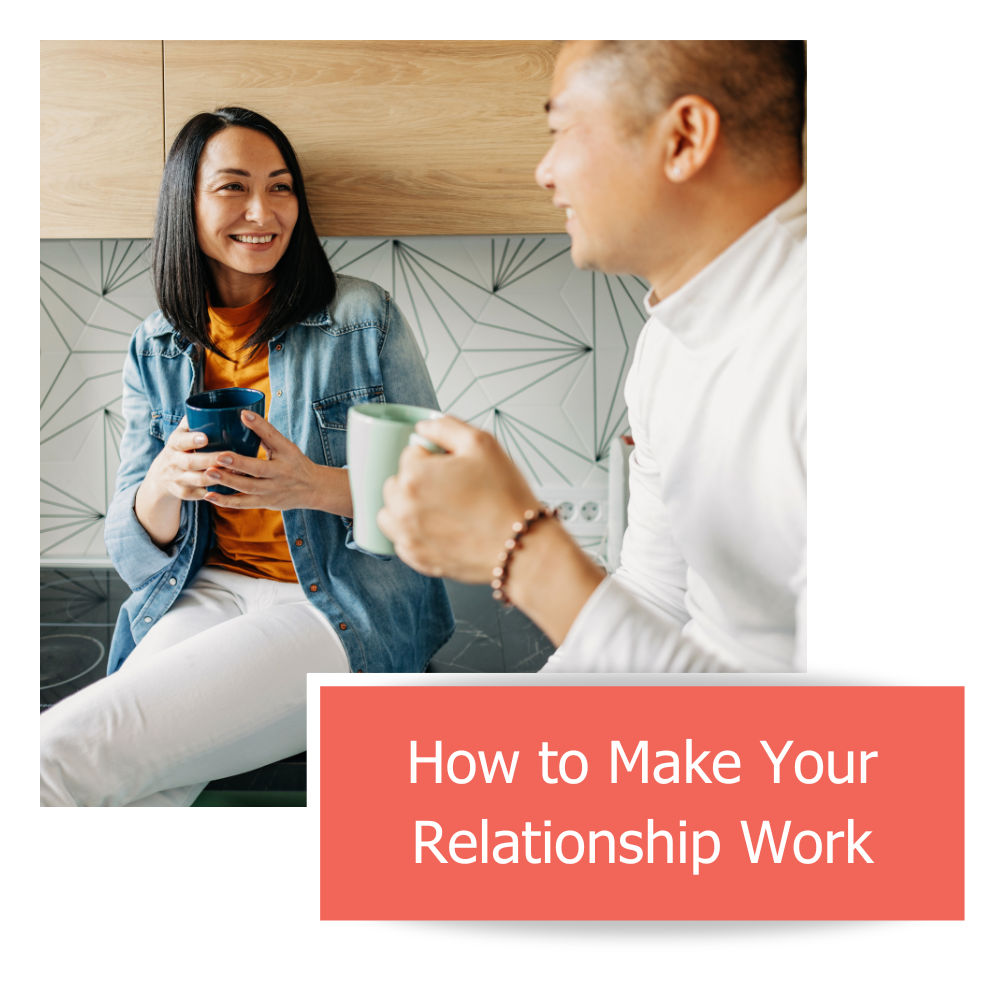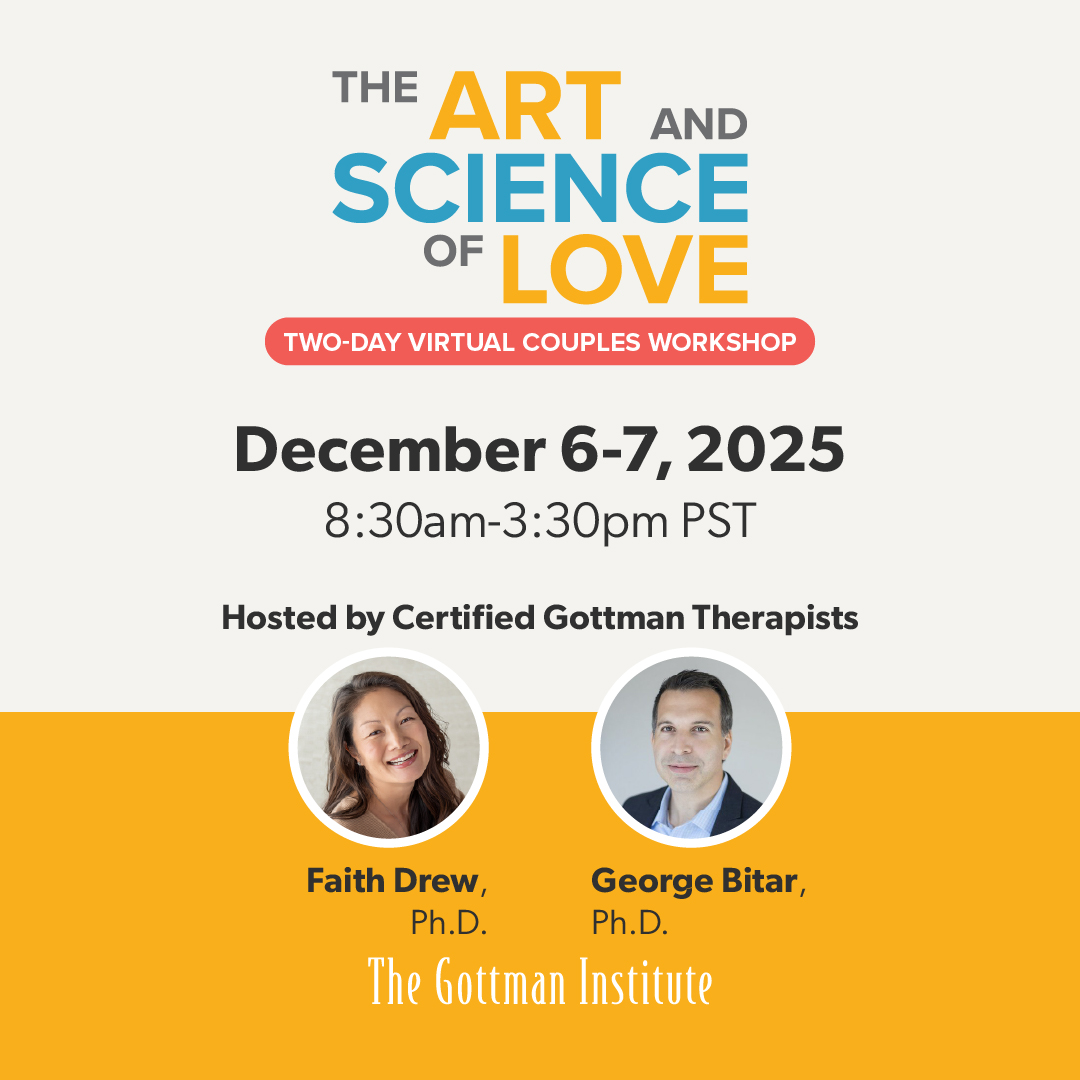Relationship conflict is complex. Sometimes, conflicts are only about the “here and now” issue. That means that you are truly fighting about what you are fighting about. It’s “I left your favorite creamer out, it spoiled, no coffee, and now you are upset with me.” It doesn’t go much deeper than that.
This type of problem is what we consider a “solvable problem.” When an issue is solvable, you and your partner can quickly and easily move forward because there isn’t anything lurking beneath the surface preventing you from doing that. In this case, someone apologizes, hops into the car, and brings back lattes for you both.
Then you’ve got conflict that seems like it’s about the here and now issue—the creamer spoiling—but it actually connects to some other things too. Sometimes it’s past experiences, belief systems, or deep-seated dreams and goals. And when this is the case, the disagreement will go on and on again. It will resurface in different moments under different guises.
Most couples, though, only know how to talk about how mad they are about the coffee creamer. And they don’t really know how to talk about all of the other complexities wrapped into that very argument.
What follows are repetitive and frustrating conflict loops. We call these “perpetual problems,” and when set in stone, we call them “gridlocked perpetual problems.” When a perpetual problem becomes gridlocked, it’s likely because there are core beliefs underlying the issues that are being experienced as “under threat.”
Take Kris and Sam, for example, who are fighting over which school to send their five-year-old child to. They’ve been talking about this since they became parents. Sam says private and Kris says public. The fights often go off the rails. Sam becomes critical and Kris goes on the defense. They trail off to different topics and never get anywhere.
That’s because school isn’t actually the issue. Their unspoken core beliefs are. The topic of school threatens their beliefs so they double down.
Identifying core beliefs
When I meet with couples utilizing the Gottman Method, I help them identify which of their arguments are solvable and which are perpetual. If perpetual, I ask them to momentarily stop trying to solve the issue and to lean into understanding each other instead.
To do this, we will have a “Dreams Within Conflict” conversation. It asks couples to talk about the following:
- What they believe about the issue they are arguing about
- Which types of feelings come up for them around the issue
- How their childhood experiences manifest within this current issue
- What their ideal dream would be here
- What the worst thing that could happen is if they don’t solve the problem “their way”
When couples explore their differences with these types of questions, they learn more about why the issue is so hard to solve. It’s often because it’s not the issue, it’s the dream or the core belief.
For Kris, he believes they shouldn’t spend money on school when it is free from the state. He also has a core dream of his children going to the same school he went to, where he had wonderful experiences. Sam, on the other hand, believes that academics are an investment and it’s important to spend money on it. Sam also had a bad experience with public school and dreams for different things for their children.
Neither of them is wrong. Both are right and have valid opinions based on their own needs and experiences and beliefs.
Now that they understand each other, they can approach their conversation with more empathy and a willingness to help each other get what the other needs.
What next?
For couples who like to get stuff done, they might worry that leaning into deeper understanding will prevent them from moving forward in their argument. That isn’t the case at all. Couples who understand each other are better equipped to create fair compromise. This means they are more likely to come up with win/win solutions in which each person’s core needs and beliefs are met—even if that means they need to use a bit of curiosity.








